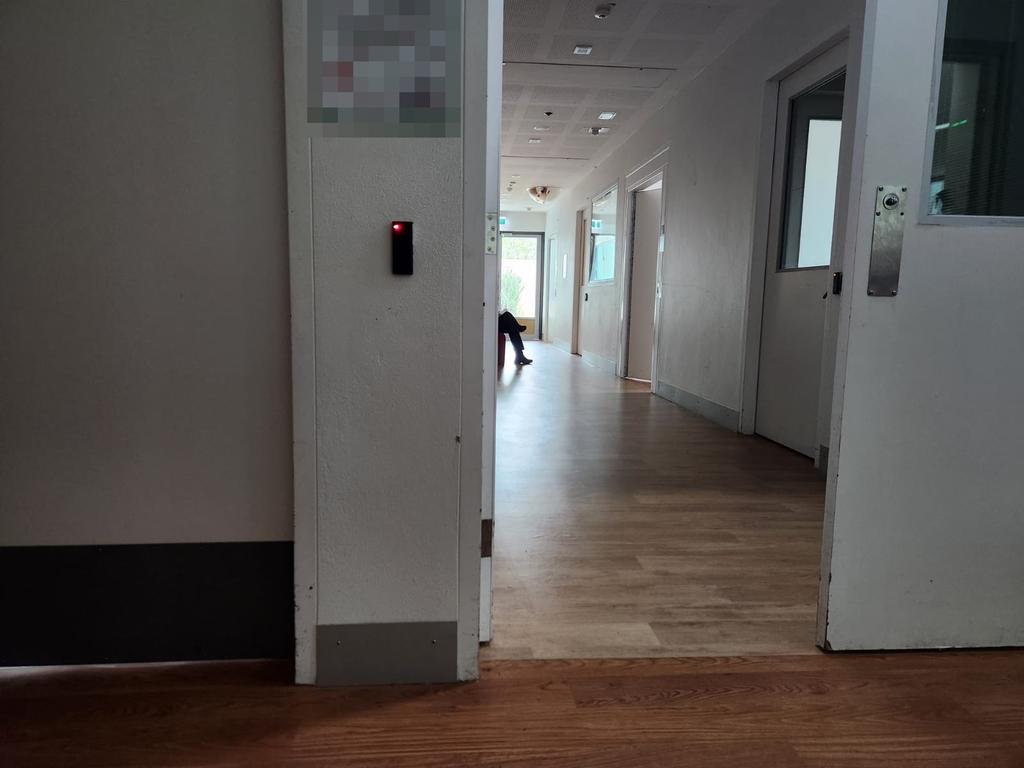Trainees pushed to perform ‘autonomous’ frontline care in NSW mental health crisis
As 201 out of 260 staff specialist psychiatrists quit in NSW, trainees are being pushed to take up more frontline care – sparking fears for their wellbeing and that of their patients.

The frontline care of mental health inpatients in NSW hospitals would increasingly be left to trainees who would be expected to “work with a greater degree of independence”, under plans drawn up by the state’s health ministry as it war-games how it will cope with an upcoming shortage of specialist psychiatrists.
A total of 201 out of 260 staff specialist psychiatrists working in public hospitals in NSW have handed in their resignations in an extraordinary mutiny prompted by concern over declining quality of patient care amid decades of scant funding for mental health.
There are no apparent signs that the NSW government is keen to urgently resolve its dispute with the psychiatrists before the resignations take effect on January 21, with a working group of doctors so far failing to secure a meeting with Premier Chris Minns and Mental Health Minister Rose Jackson.
If the resignations take effect, just 12 per cent of the state’s workforce of public sector psychiatrists will be permanent staff specialists. While many would be offered re-employment as visiting medical officers, the state faces a massive bill for locum salaries if the dispute cannot be resolved. Already a third of the workforce is made up of locums as a result of an inability to recruit and retain staff.
Psychiatrists have been pushing for a substantial pay rise to address the recruitment and retention crisis and shore up better patient care, and have not been swayed by the health ministry’s attempts to resolve the dispute by offering changes to workflows, rostering and administration demands to lessen the overload on doctors. The negotiations reached a stalemate in December when the resignations started pouring in.
A contingency plan distributed in the wake of the mass resignations outlines how the health ministry proposes the system might cope with so few staff.
The health ministry has acknowledged in the contingency document there are “anticipated risks” associated with significant workforce shortages, proposing a number of risk-mitigation measures. It has proposed consultant psychiatrists delegate some tasks, and that on-call shifts be aggregated across health districts rather than specific hospitals. It also suggests using “ED diversion pathways” for lower-acuity patients to other services such as primary care. Existing models of virtual care may be used more.
It also suggests more senior trainees “could be expected to work with a greater degree of autonomy” provided they have access to regular supervision. However, it also envisages potentially changing supervision practices to include virtual supervision by psychiatrists from outside a registrar’s district or health network.
“It is anticipated that registrars may work with a greater degree of independence,” the document reads. “It is imperative that they are not put in the position of working outside their scope of practice, and that they feel supported in their clinical work. Ensuring registrars continue to receive adequate supervision should be a priority, given the anticipated increase in autonomous clinical practice.”
NSW Association of Psychiatry Trainees president Lauren Amor said psychiatry registrars were alarmed by the suggestions.
“I’m extremely concerned; we need consultant psychiatrists in the public system to supervise us,” Dr Amor said. “It’s extremely disheartening that this document suggests that registrars will take on extra responsibilities in place of a lack of consultants. As trainees we have already written to the government expressing our deep concerns at the lack of support, meaning we already really struggle to get adequate training.
“It’s just outrageous to suggest that registrars can work any more independently than they already do. What this means going forward is that wards will be unsafe. I’m deeply, deeply concerned about the impact on patients.”
The trainees’ concerns were backed by the president of the The Royal Australian and New Zealand College of Psychiatrists, Elizabeth Moore.
“Our focus is safety – the safety of patients and the safety of the workforce,” Dr Moore said. “Trainees work under the guidance and supervision of senior psychiatrists because it’s a critical part of their training. What we can’t have is trainees put in a position beyond their level of training or capability.
“It would be a risk to patients, and risk to trainees’ wellbeing at a vulnerable stage of their career.”
Pramudie Gunaratne, the NSW chair of the Royal Australian and New Zealand College of Psychiatrists, said while expectations of greater autonomy by registrars to fill the staffing gap was concerning, proposed changes to supervision practices were even more worrying. Virtual supervision was not feasible, she said, as it was very important often for the supervising consultant to know and observe the patient.

“Public mental health is literally the deep end of psychiatry, where people with some of the most complex and severe illnesses are cared for,” Dr Gunaratne said. “We wouldn’t throw an apprentice electrician or plumber into the deep end without proper supervision. We certainly cannot do that for doctors – lives literally depend on it.”







To join the conversation, please log in. Don't have an account? Register
Join the conversation, you are commenting as Logout